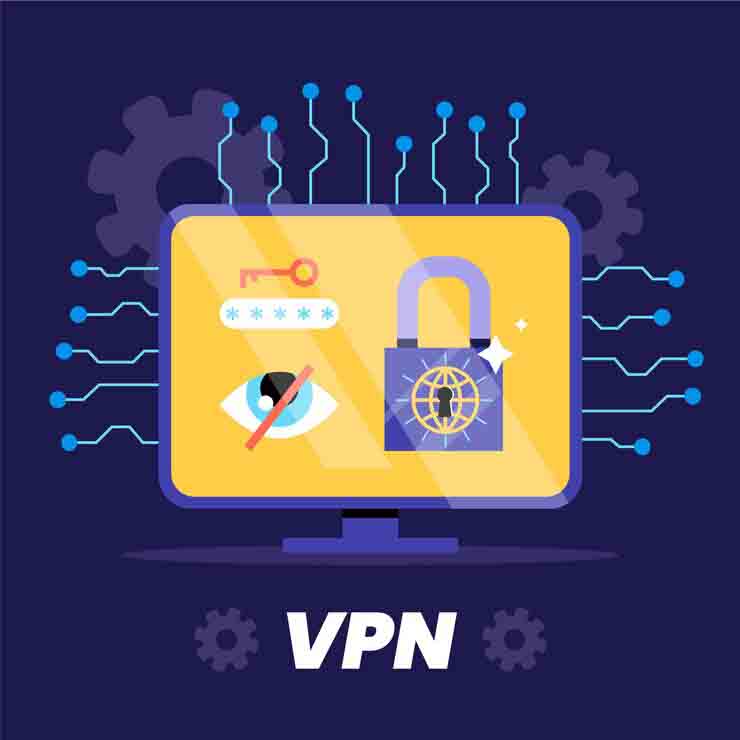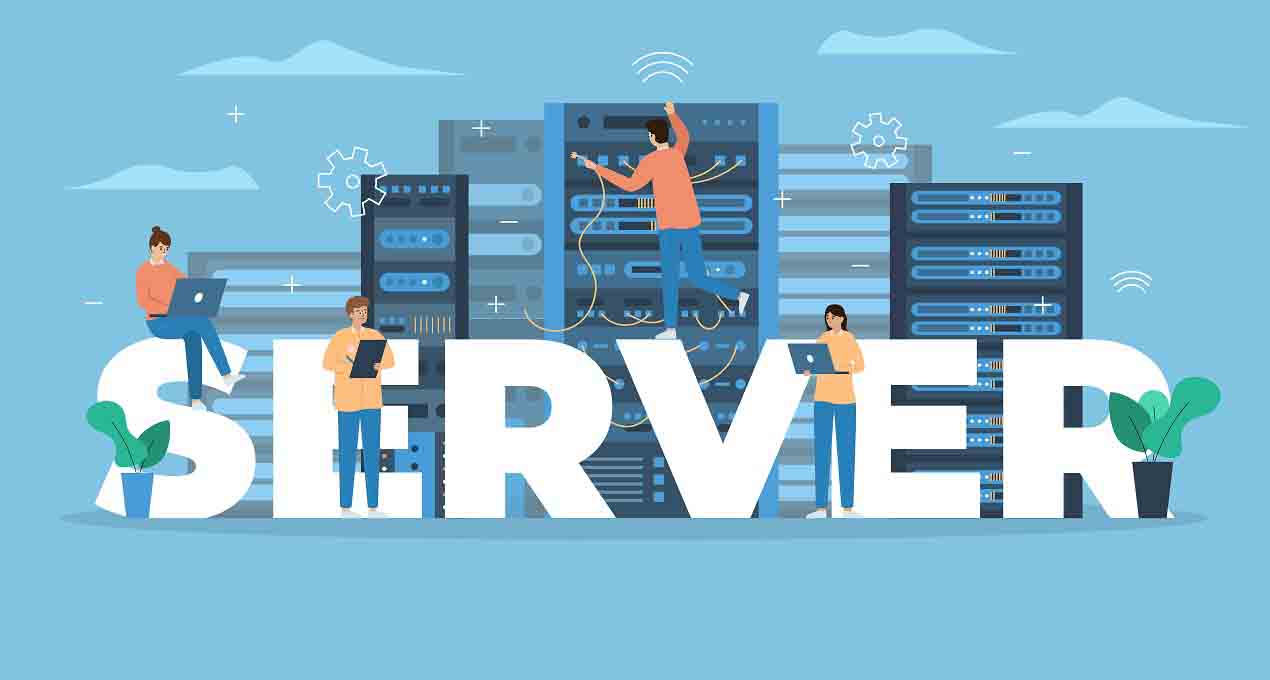VPN vs Proxy Defined
How Does a Proxy Server Operate
Proxy servers operate as relays between your device and the website you’re browsing. Your communications with the host server are routed through a middle-man, a distant device. Your original IP address is concealed by the web proxy server so that the website only sees the proxy’s IP address (in some cases, the computers of other proxy users are used for this). Proxy servers, on the other hand, simply divert traffic coming from the one app you set up your proxy server with. They only function at the application level. They don’t even encrypt your traffic, anyway.
Proxy servers come in three primary categories:
- HTTP proxies are only used for websites. All browser traffic will be forwarded through an HTTP proxy server if you configure your browser with one.
- Although not being restricted to web traffic, SOCKS proxies still only function at the application level. They can handle all types of traffic, but because they are more widely used and frequently have a larger load, they are typically slower than HTTP proxies.
- Transparent proxies are distinct from other types of proxies since their consumers frequently aren’t aware of their presence. Employers and parents who wish to keep an eye on their employees’ online activities and restrict access to particular websites might set up these proxies. They are set up by businesses or household users to conserve bandwidth, and hotels and cafes use them to authenticate users on public Wi-Fi.
Private proxies are another option provided by some services, although they lack the privacy of a VPN. They instead provide the user with a unique IP address that is only good for them. This ensures that the user can still be located readily, but having a unique dedicated IP address can have some advantages of its own.
What are Virtual Private Networks (VPNs) and How Do They Operate?
A VPN, like a proxy, reroutes your internet traffic through a different server while concealing your IP address, preventing websites from seeing your real IP or location (you can also check out our article on how to change your IP location for more details). Yet because it operates at the operating system level, it reroutes all of your traffic, whether it originates from your browser or a background application.

Also, the traffic between your device and the internet is encrypted using a VPN client. As a result, the Internet Service Provider (ISP) tracking your online behavior and gathering data on you will only be able to observe that you are connected to a VPN server. Also, the encryption shields you from website monitoring, snoopers, and hackers who could try to intercept your device. You have greater online privacy and security thanks to a VPN.
Make sure to study potential VPN and proxy service providers before selecting one. Shady providers can log users’ sensitive data, like IP addresses, DNS requests, and other details, rather than enhancing your security and privacy. Such providers should be avoided since, in the event that their servers are compromised, they might disclose this information to hackers or advertisements.
Premium VPN service providers put a lot of effort into enhancing your online security and safeguarding your private information. Most VPNs offer consumers the fastest speeds and most up-to-date features thanks to their more than 5,000 servers spread across 60 nations. It’s absolutely worthwhile to test the program if you want to keep your internet traffic private and shield yourself from unwanted actors.
The Main Differences Between VPN and Proxy Services
A short comparison between the two is provided below:
- Proxy servers do not encrypt your traffic, whereas VPNs do. You are shielded from ISP tracking, governmental surveillance, and hackers using a VPN service. Proxy servers don’t, so you should never use them to handle confidential data.
- While most proxies simply reroute the traffic of a single program or browser because they operate at the application level, VPNs reroute all of your traffic through a VPN server since they operate at the operating system level.
- Although VPNs, which must encrypt your sensitive data, can be slower than proxies, there are techniques to speed up your internet connection and web browsing.
- VPNs are typically expensive (you shouldn’t trust free VPN services as they sometimes have restrictions and tend to harvest your data). While many proxy servers are free.
- A VPN connection is more dependable. While proxy server connections tend to fail more frequently.
Is a VPN Preferable Than a Proxy?
A VPN is superior because it encrypts your traffic and routes it through a secure VPN server, giving you privacy and protection. A proxy does nothing more than route your traffic through a mediating server; it does not always provide additional security. Furthermore, VPNs safeguard all of your traffic at the operating system level, unlike proxies. VPN clearly prevails in the proxy vs. VPN comparison.
If You Have a VPN, Do You still Need a Proxy?
No. Proxy functions are duplicated and expanded upon by premium VPN providers. For a quick IP change, you might use a proxy extension, but be aware that not all proxies are secure and some of them might collect your data.
Can I Combine a VPN With a Proxy?
It is possible to use proxies and VPNs together, although configuring this can be difficult. Also, we advise against it because using a proxy server would only add another middleman, slowing down your internet connection with no discernible advantages. When utilizing them, it is preferable to alternate between the two.
Should I Make Use of a Free VPN or a Free Proxy?
Your security and privacy may be compromised by free proxy and VPN services. Developers can snoop on your data in the background, bombard you with adware, or cap the amount of data you can use since they have to make money somehow.
Premium VPNs make significant infrastructure investments and offer you top-notch encryption. They provide you with a wide range of servers, the quickest VPN protocols, round-the-clock customer assistance, and ongoing service enhancement. Free VPNs and proxies are to be avoided because a few dollars saved up front may end up costing you considerably more in the long run.
Summary
Both VPN and proxy technologies provide users with a secure and private way to access the internet. VPNs create a secure, encrypted connection between your device and the internet, while proxies act as an intermediary server between your device and the internet. VPNs are commonly used for remote access to networks and bypassing censorship or geo-restrictions, while proxies are often used for hiding IP addresses and bypassing content filters. Both technologies have their own unique features and can be used for various purposes depending on the user’s needs.
For virtual study of VPN vs Proxy, watch the video below:





